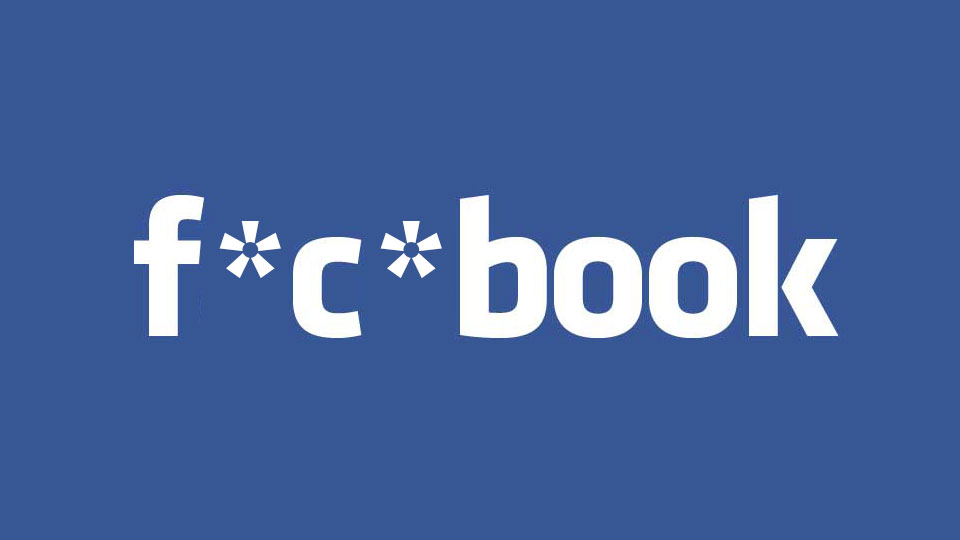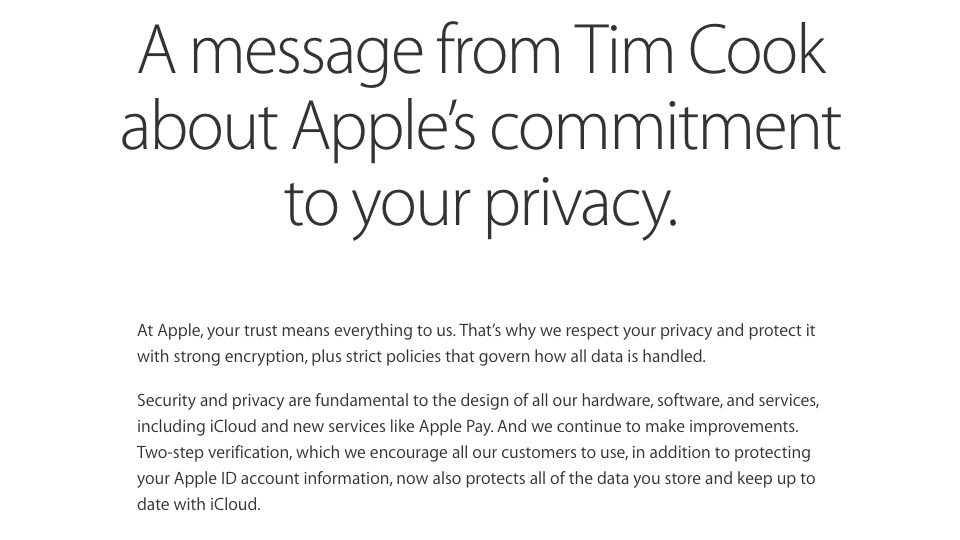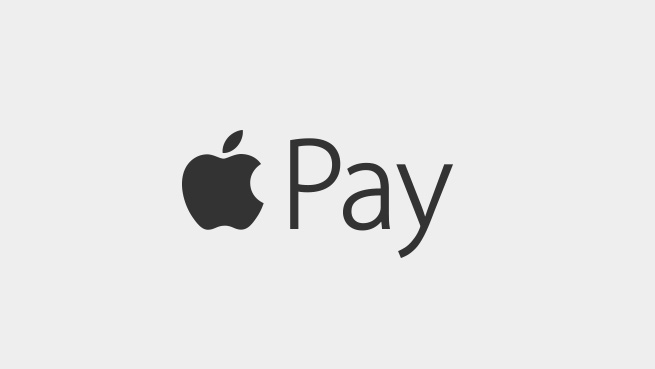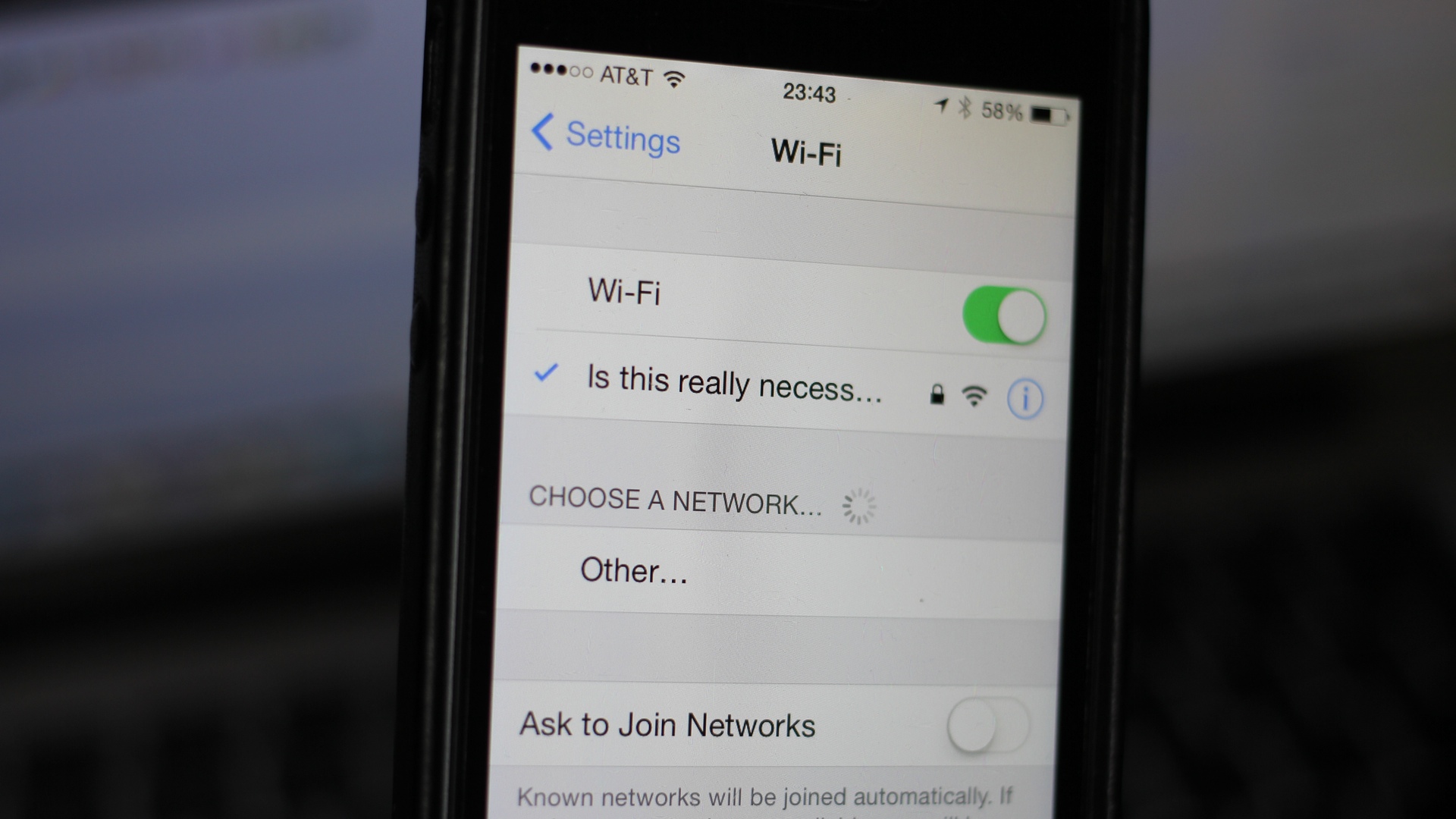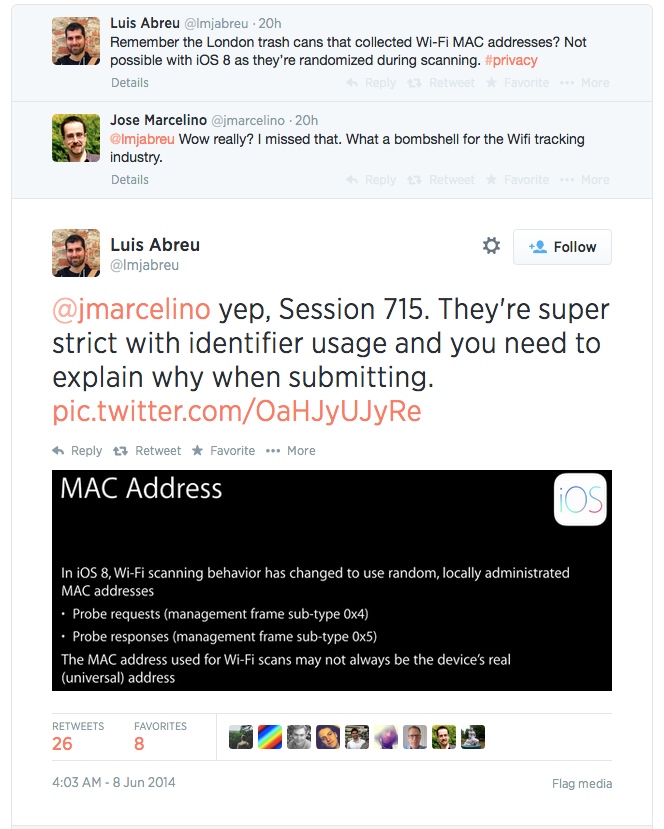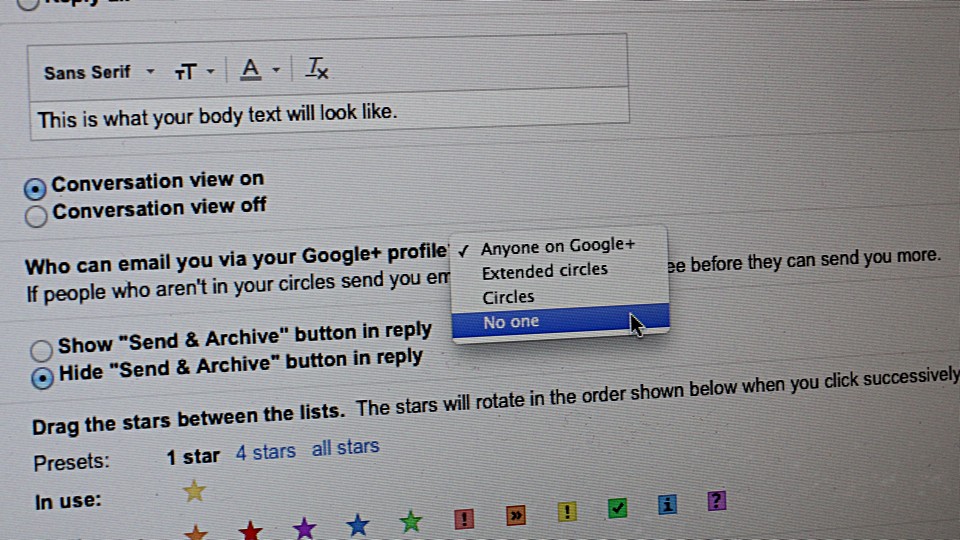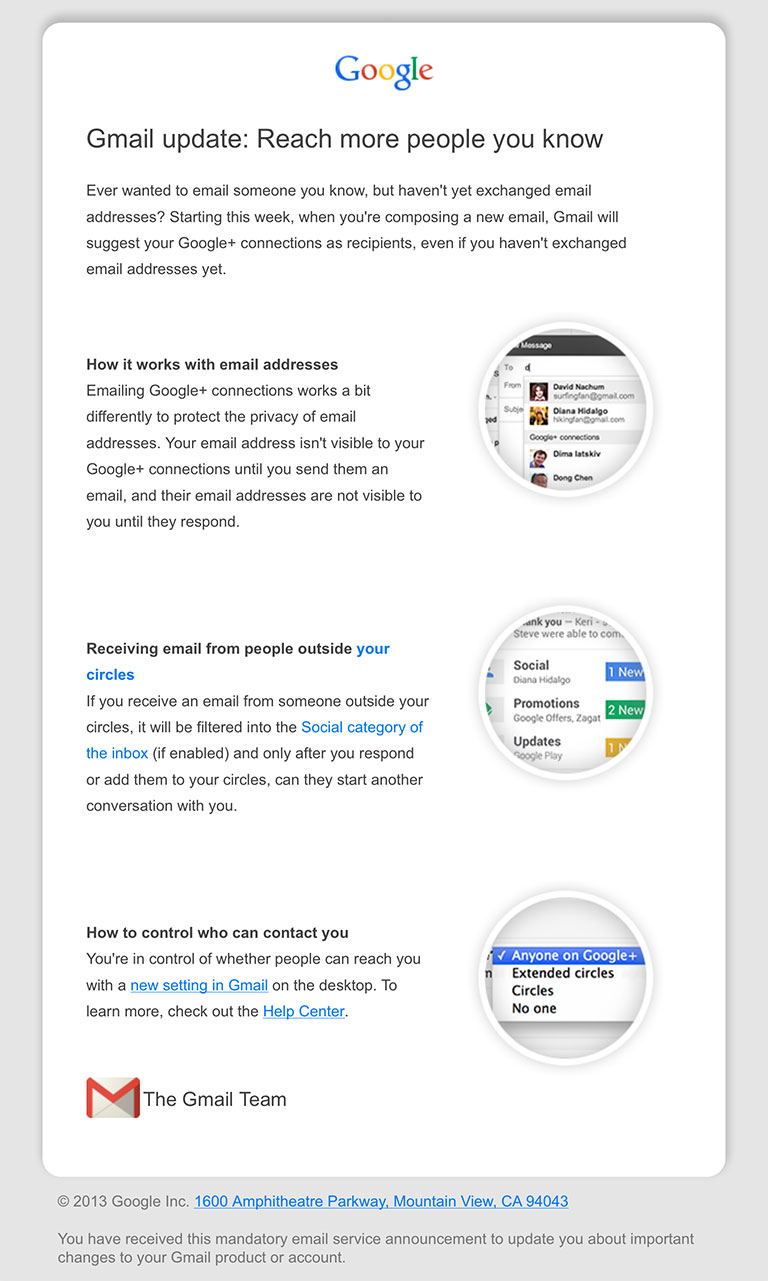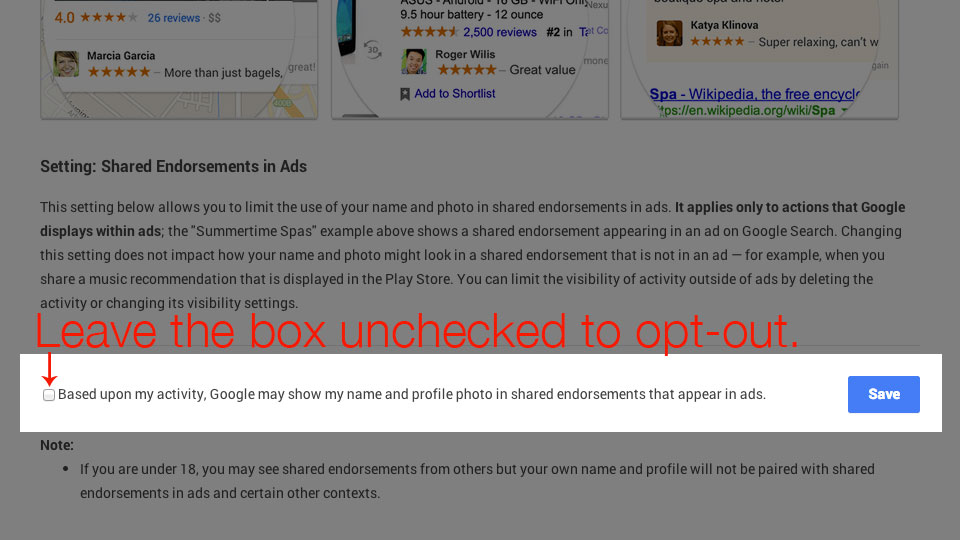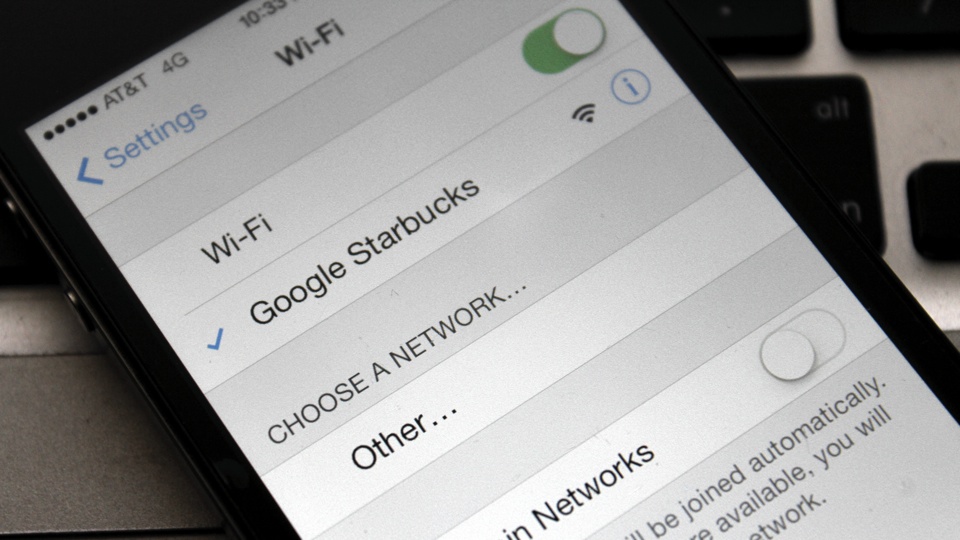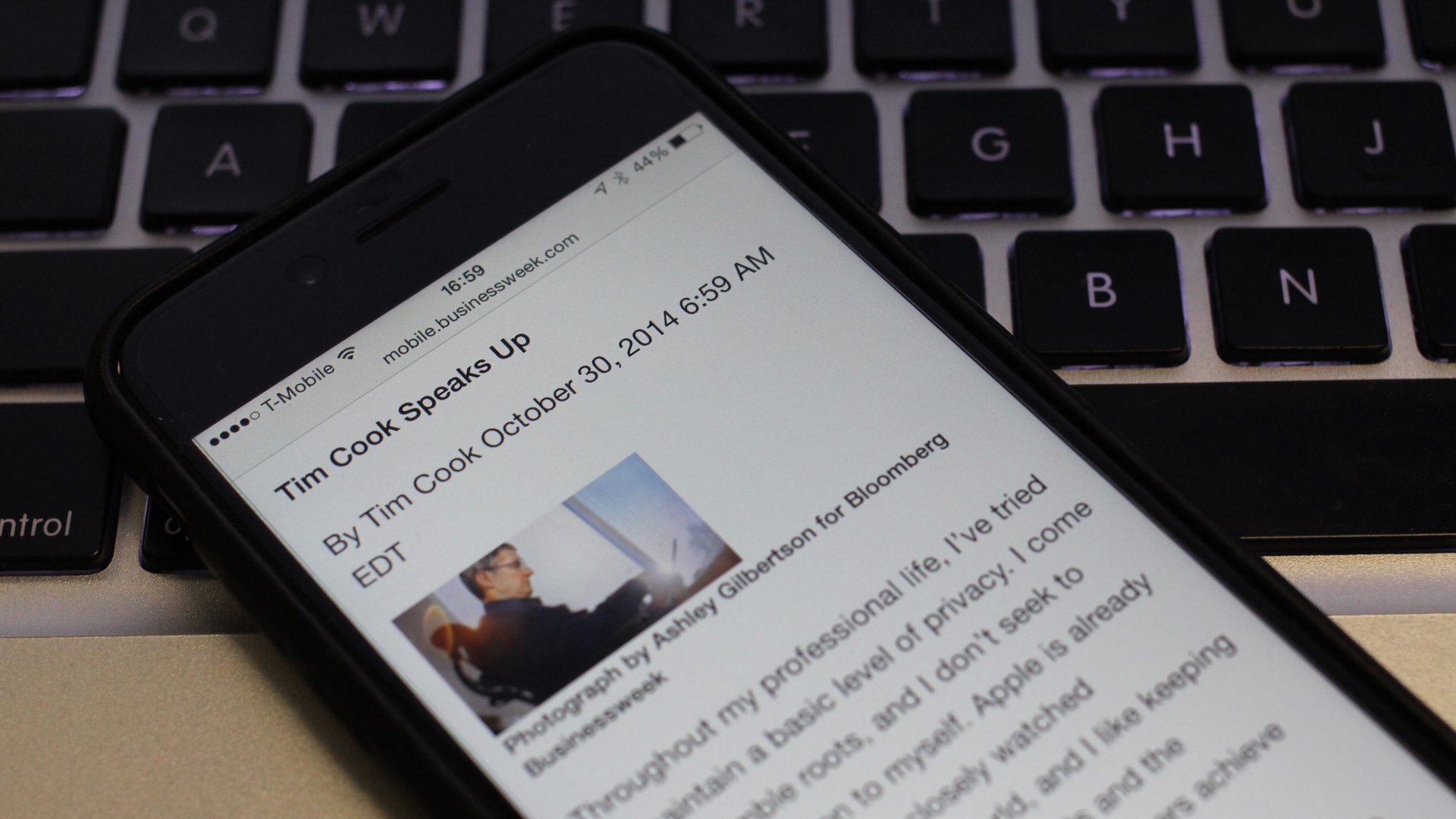
Tim Cook Speaks Up:
via BusinessWeek
While I have never denied my sexuality, I haven’t publicly acknowledged it either, until now. So let me be clear: I’m proud to be gay, and I consider being gay among the greatest gifts God has given me.
Tim Cook, in his own words.
I’ll admit that this wasn’t an easy choice. Privacy remains important to me, and I’d like to hold on to a small amount of it. I’ve made Apple my life’s work, and I will continue to spend virtually all of my waking time focused on being the best CEO I can be. That’s what our employees deserve—and our customers, developers, shareholders, and supplier partners deserve it, too. Part of social progress is understanding that a person is not defined only by one’s sexuality, race, or gender. I’m an engineer, an uncle, a nature lover, a fitness nut, a son of the South, a sports fanatic, and many other things. I hope that people will respect my desire to focus on the things I’m best suited for and the work that brings me joy.
Tim Cook is serious about privacy and so is Apple.
——-
Notes:
- Gawker outed Tim Cook back in August, 2011
- CNBC host also outed Tim Cook in June, 2014
By the way, this is what the Stocks app look like on August 30, 0214. Totally out of context.


